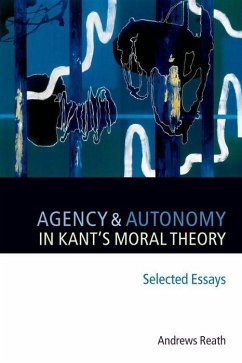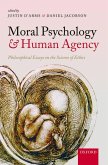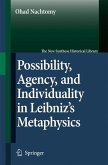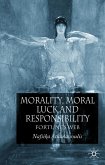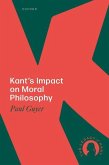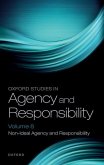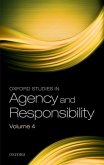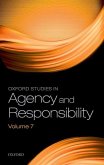The final essays explore some of the implications of this conception of autonomy elsewhere in Kant's moral thought, arguing that his Formula of Universal Law uses this conception of autonomy to generate substantive moral principles and exploring the connection between Kantian self-legislation and duties to oneself. The collection offers revised versions of several previously published essays, as well as two new papers, "Autonomy of the Will as the Foundation of Morality" and "Agency and Universal Law". It will be of interest to all students and scholars of Kant, and to many moral philosophers.
Andrews Reath presents a selection of his best essays on various features of Kant's moral psychology and moral theory, with particular emphasis on his conception of rational agency and his conception of autonomy. Together the essays articulate Reath's original approach to Kant's views about human autonomy, which explains Kant's belief that objective moral requirements are based on principles we choose for ourselves. With two new papers, and revised versions of several others, the volume will be of great interest to all students and scholars of Kant and of moral philosophy.
Andrews Reath presents a selection of his best essays on various features of Kant's moral psychology and moral theory, with particular emphasis on his conception of rational agency and his conception of autonomy. Together the essays articulate Reath's original approach to Kant's views about human autonomy, which explains Kant's belief that objective moral requirements are based on principles we choose for ourselves. With two new papers, and revised versions of several others, the volume will be of great interest to all students and scholars of Kant and of moral philosophy.

